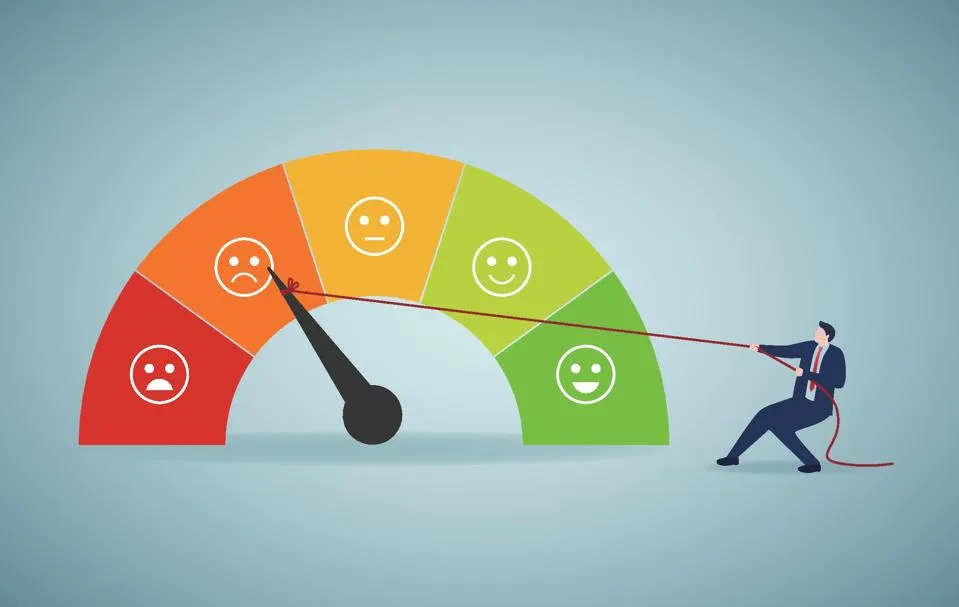A strong credit score is one of the most valuable financial assets you can have. Whether you’re applying for a loan, renting an apartment, or even getting a job, your credit score plays a crucial role in determining your financial opportunities.
But what exactly is a credit score, and how can you improve it? In this guide, we’ll break down why your credit score matters and provide actionable steps to help you build and maintain a strong credit profile.
What Is a Credit Score? 🤔
Your credit score is a three-digit number that represents your creditworthiness. It’s based on your financial history and helps lenders assess the risk of lending you money.
The most common credit scoring model is the FICO score, which ranges from 300 to 850:
- Excellent (800-850) – Best loan terms and lowest interest rates.
- Very Good (740-799) – Competitive loan offers.
- Good (670-739) – Approved for most credit cards and loans.
- Fair (580-669) – May qualify for loans but with higher interest rates.
- Poor (300-579) – Limited loan options and high fees.
A higher credit score opens doors to better financial opportunities, so it’s essential to build and maintain a strong score.
Why a Good Credit Score Matters 📈
Having a strong credit score provides several financial benefits, including:
✅ Lower Interest Rates on Loans & Credit Cards – Lenders reward high credit scores with lower interest rates, saving you money over time.
✅ Higher Approval Chances – A good credit score increases your likelihood of getting approved for credit cards, mortgages, and car loans.
✅ Better Rental & Job Opportunities – Many landlords and employers check credit reports to assess financial responsibility.
✅ Higher Credit Limits – Creditors trust responsible borrowers and may offer higher limits, which can improve your credit utilization ratio.
✅ Lower Insurance Premiums – Some insurance companies use credit scores to determine insurance rates.
Clearly, a good credit score can save you thousands of dollars over a lifetime!
How to Build a Strong Credit Score 💪

If you’re looking to increase your credit score, follow these proven strategies:
1. Pay Your Bills on Time (35% of Your Score) 📅
Your payment history is the most important factor affecting your credit score. Even one missed payment can negatively impact your score.
✅ Pro Tip: Set up automatic payments or reminders to ensure you never miss due dates.
2. Keep Your Credit Utilization Low (30% of Your Score) 💳
Your credit utilization ratio is the percentage of your available credit that you’re using. A high utilization rate signals financial stress to lenders.
🔹 Ideal Credit Utilization: Keep it below 30% (e.g., if your credit limit is $10,000, try not to use more than $3,000).
✅ Pro Tip: If possible, pay your credit card balance in full each month.
3. Maintain a Long Credit History (15% of Your Score) ⏳
The longer your credit history, the better your score. This is why it’s important to keep old accounts open (even if you’re not using them).
✅ Pro Tip: Avoid closing old credit cards unless they have high annual fees.
4. Limit New Credit Applications (10% of Your Score) 🚫
Each time you apply for a new credit card or loan, a hard inquiry is added to your report, which can slightly lower your score.
🔹 Avoid multiple applications within a short time frame.
🔹 Only apply for credit when necessary.
✅ Pro Tip: If shopping for a mortgage or auto loan, multiple inquiries within 30-45 days are usually treated as one inquiry.
5. Diversify Your Credit Mix (10% of Your Score) 🔄
A mix of credit types (credit cards, student loans, mortgages, etc.) shows that you can manage different forms of debt responsibly.
✅ Pro Tip: Don’t open new credit accounts just for variety—only take on debt you can manage.
6. Monitor Your Credit Report Regularly 🔍
Mistakes on your credit report can hurt your score. Checking your report can help you:
✔ Identify errors and dispute inaccuracies.
✔ Spot fraudulent activity or unauthorized accounts.
✔ Track your progress as you improve your credit.
✅ Pro Tip: Get your free credit report annually from AnnualCreditReport.com.
How Long Does It Take to Build Good Credit? ⏳
Building excellent credit doesn’t happen overnight. Here’s a general timeline:
- 6 months – Establish a basic credit score.
- 1-2 years – Achieve a good credit score with responsible habits.
- 3+ years – Build a strong credit history for top-tier financial opportunities.
The key is to be patient and consistent.
What to Avoid: Common Credit Mistakes ❌
🚫 Maxing out your credit cards – High balances hurt your utilization ratio.
🚫 Missing payments – Even one late payment can significantly drop your score.
🚫 Closing old accounts – Shortens your credit history.
🚫 Applying for too many new cards – Multiple hard inquiries lower your score.
🚫 Ignoring your credit report – Errors can go unnoticed and impact your score.
Final Thoughts: Take Control of Your Credit Score Today! 🚀
Your credit score is more than just a number—it’s the key to better financial opportunities. By following these strategies, you can build and maintain a strong credit score that will benefit you for years to come.
💡 Are you working on improving your credit score? Share your experience in the comments!